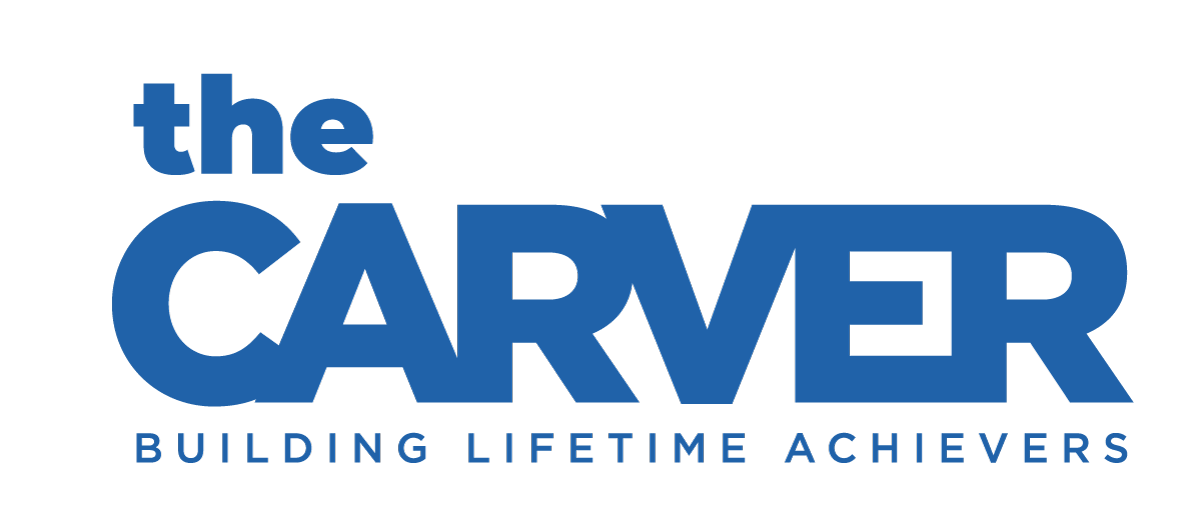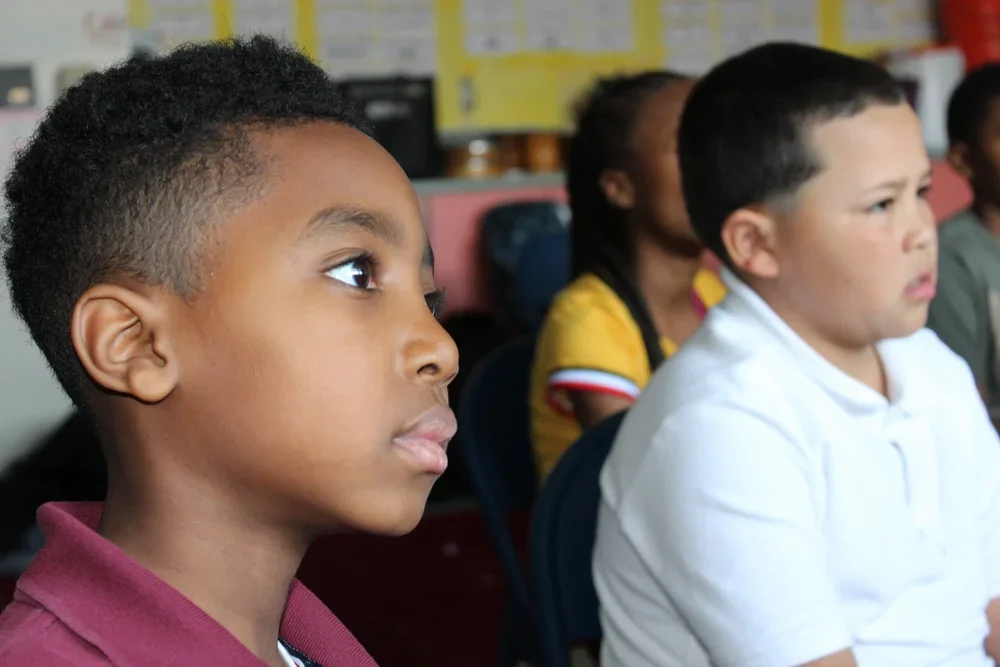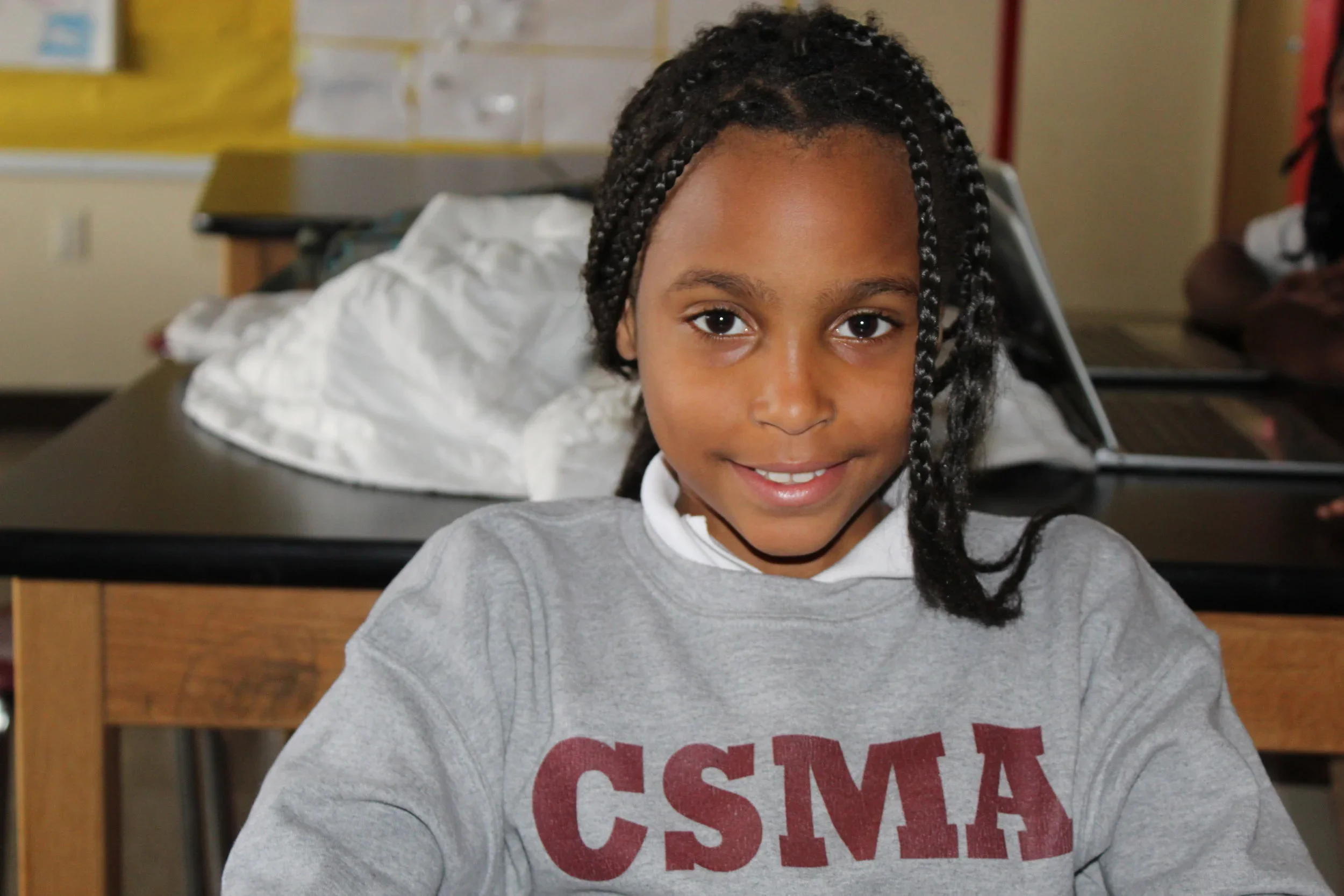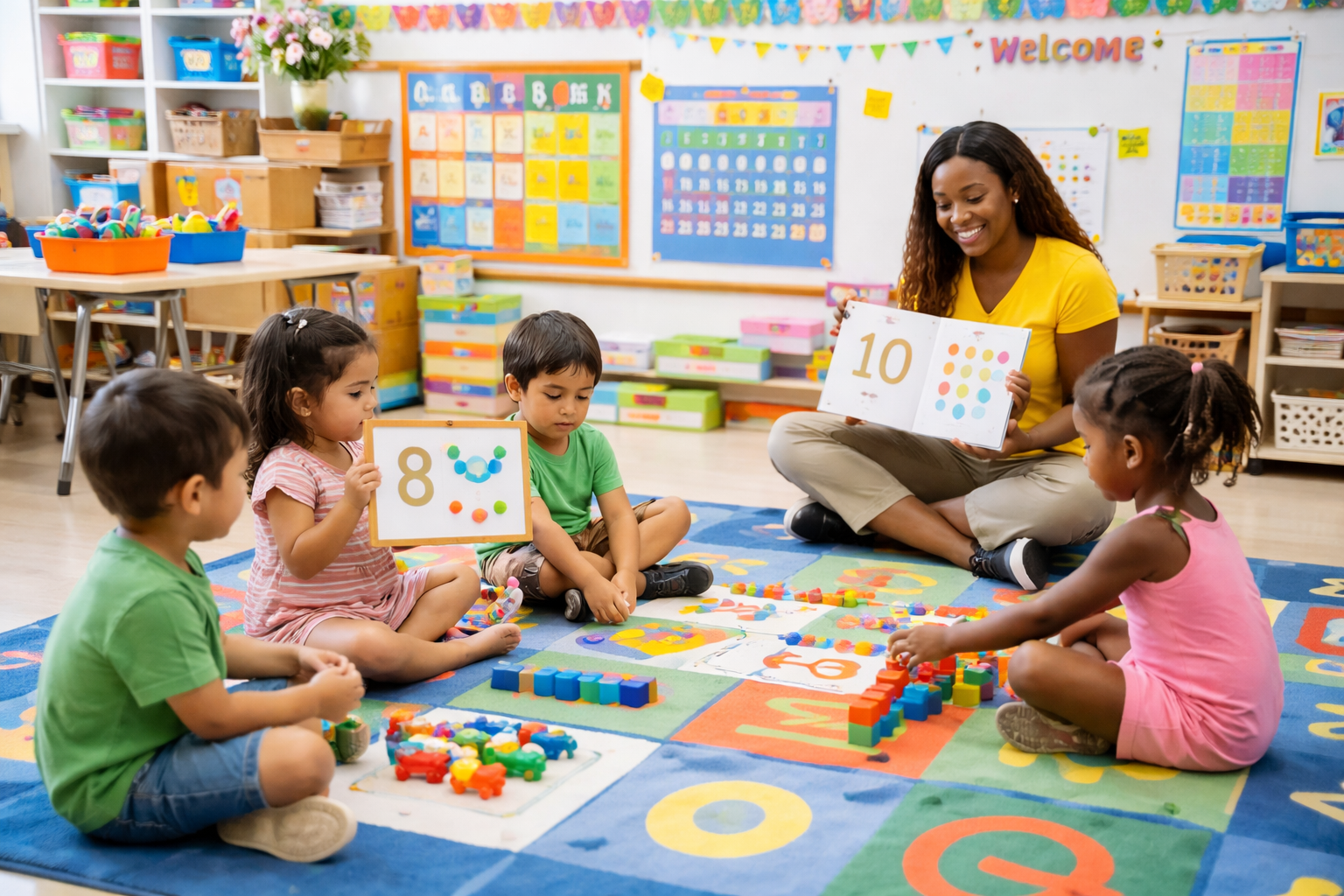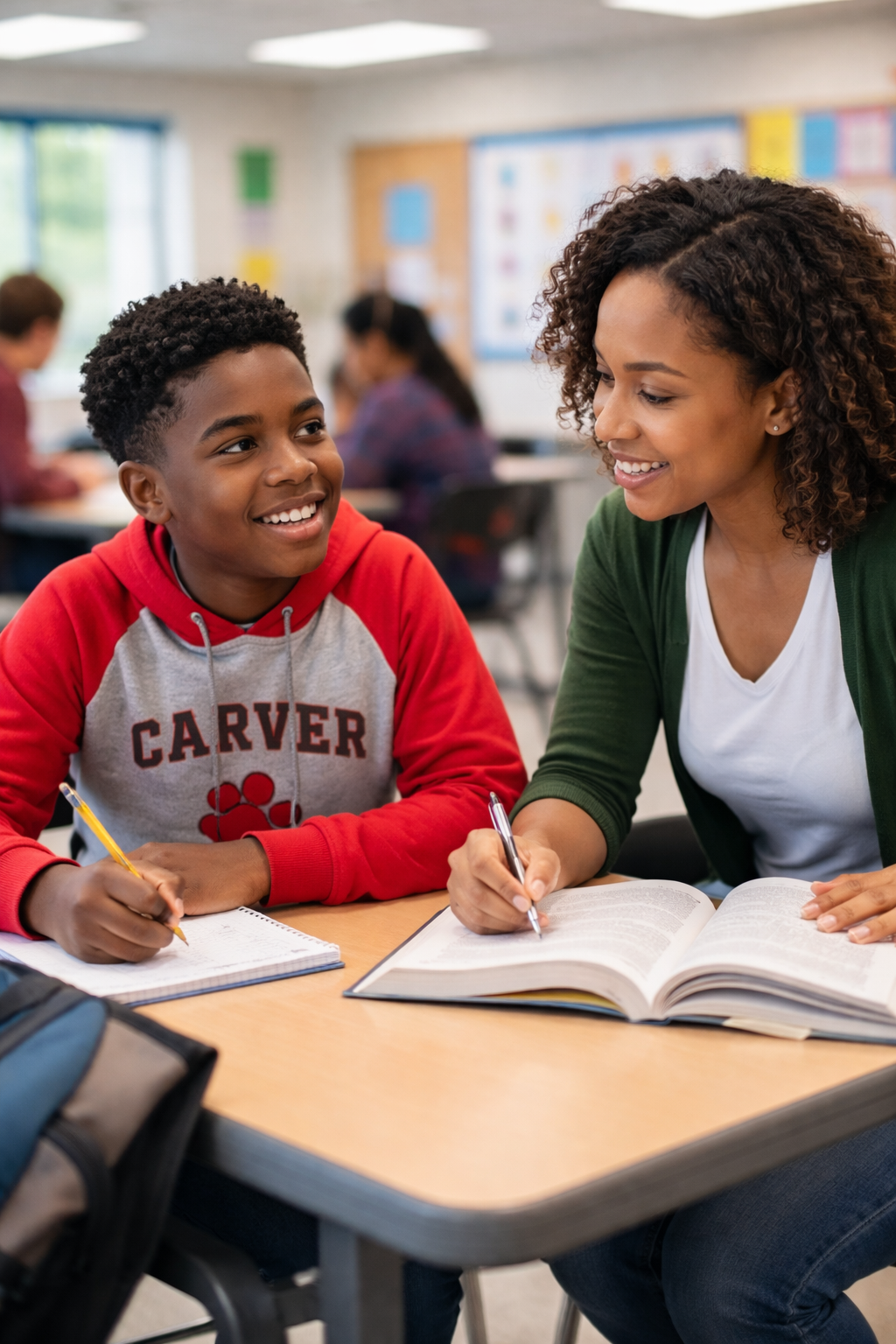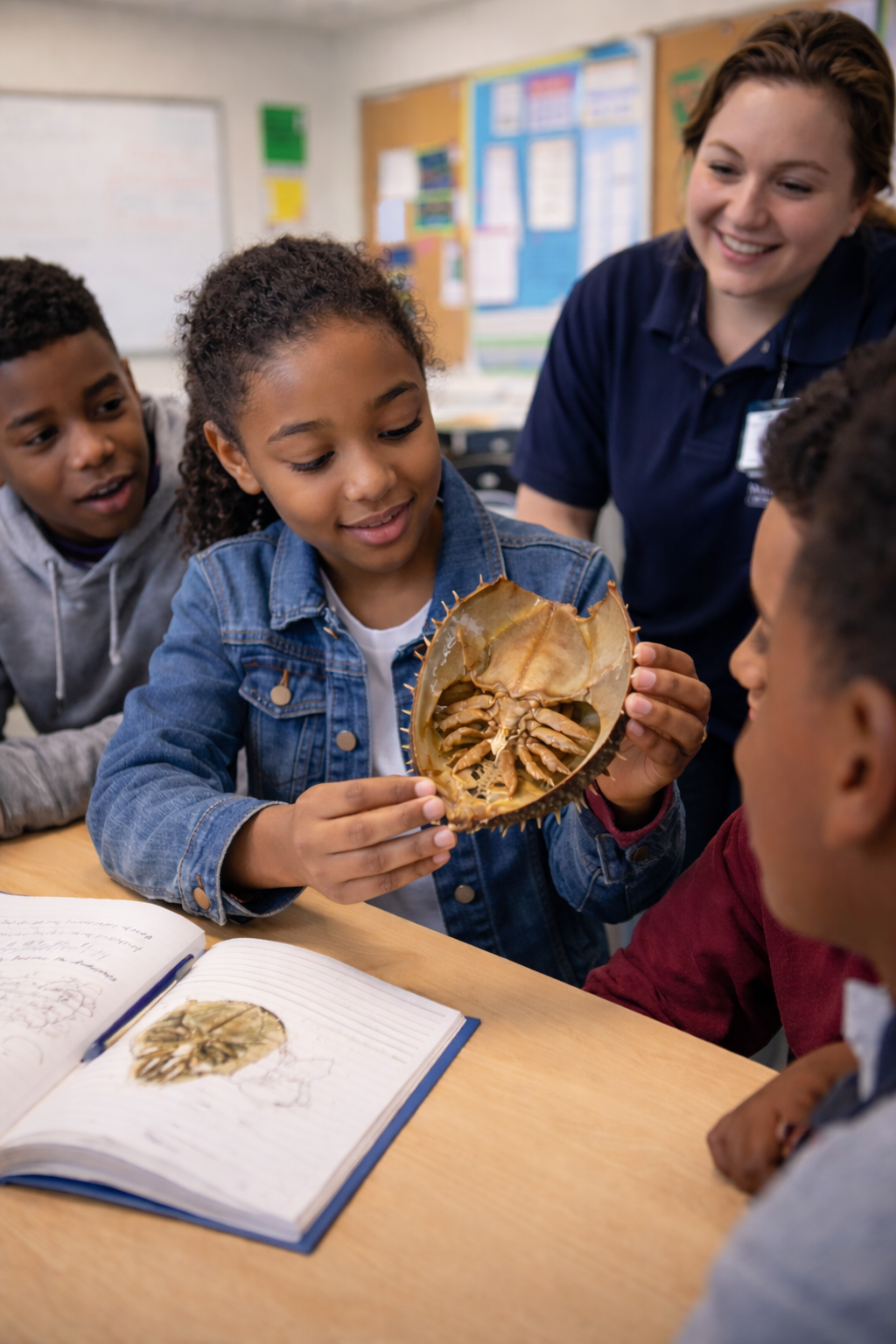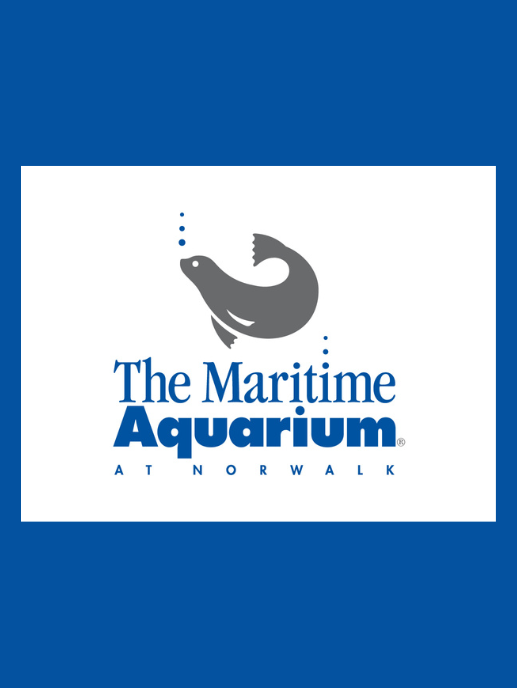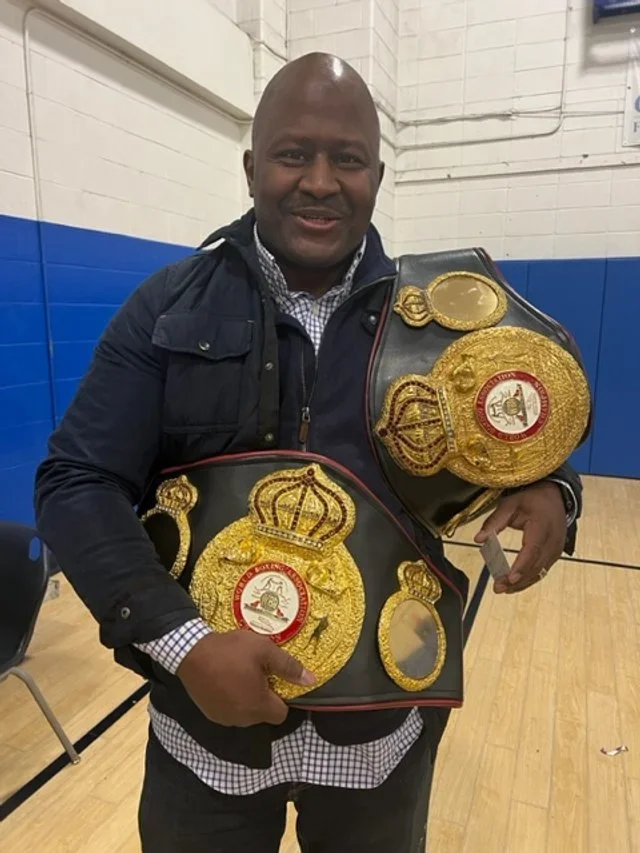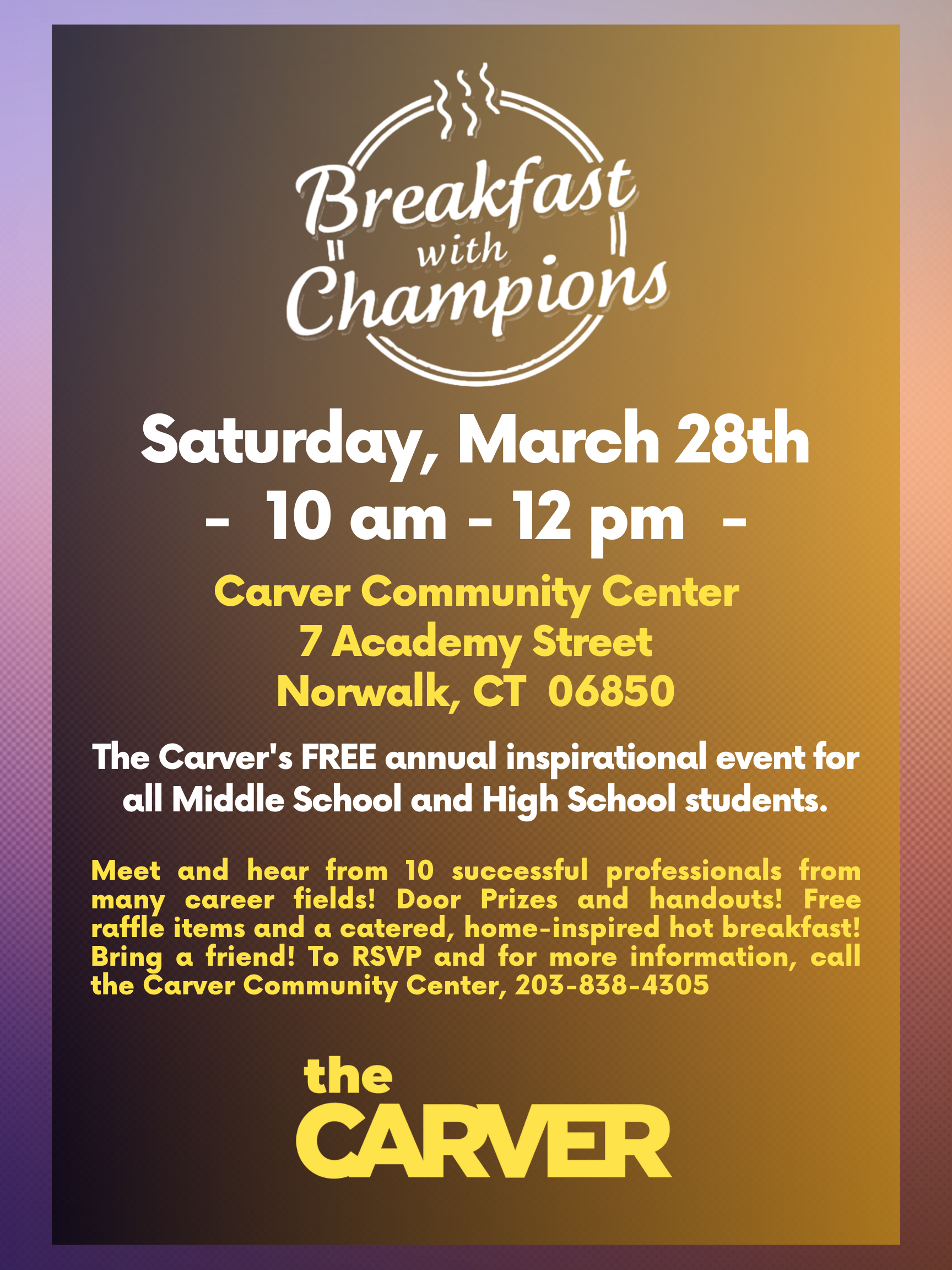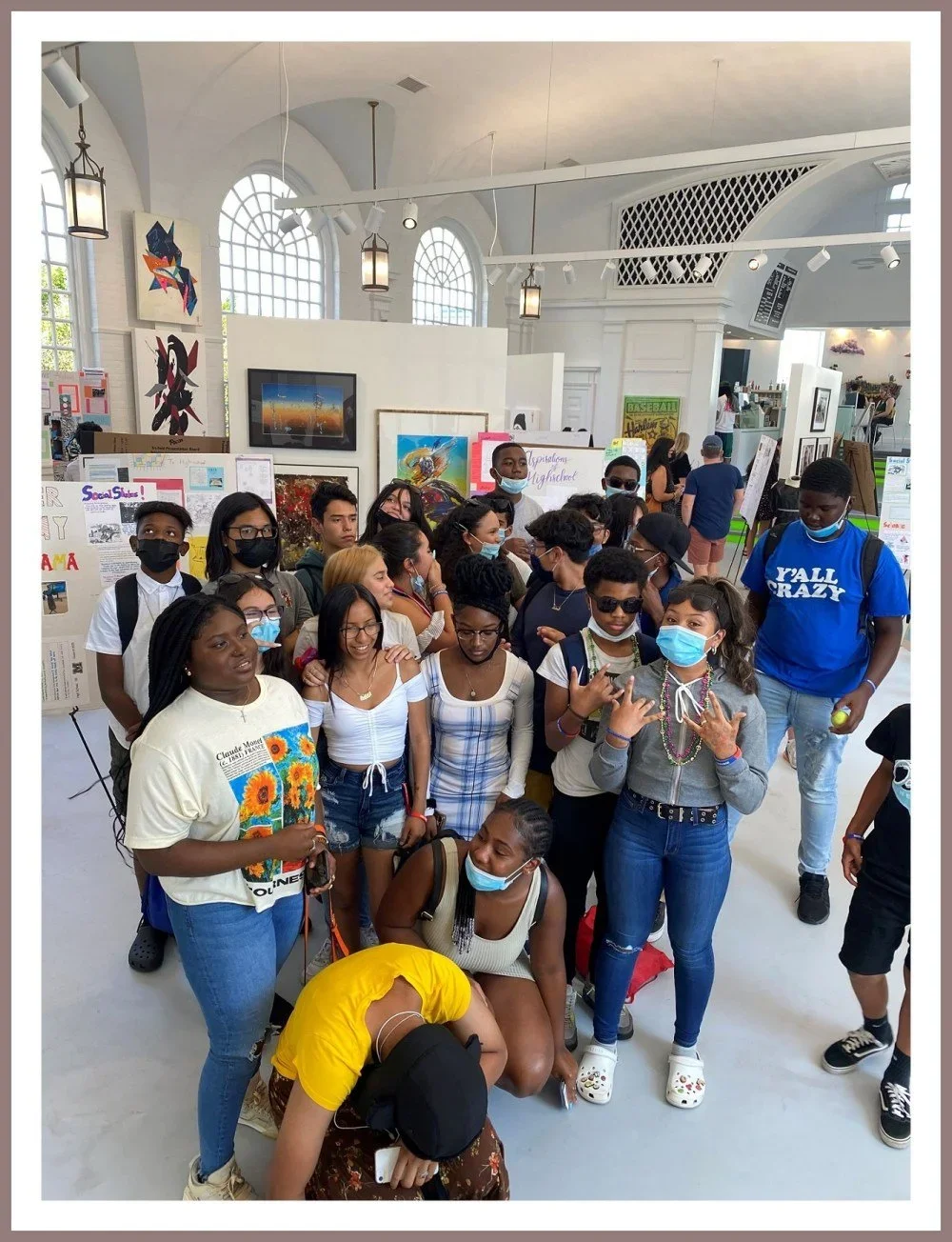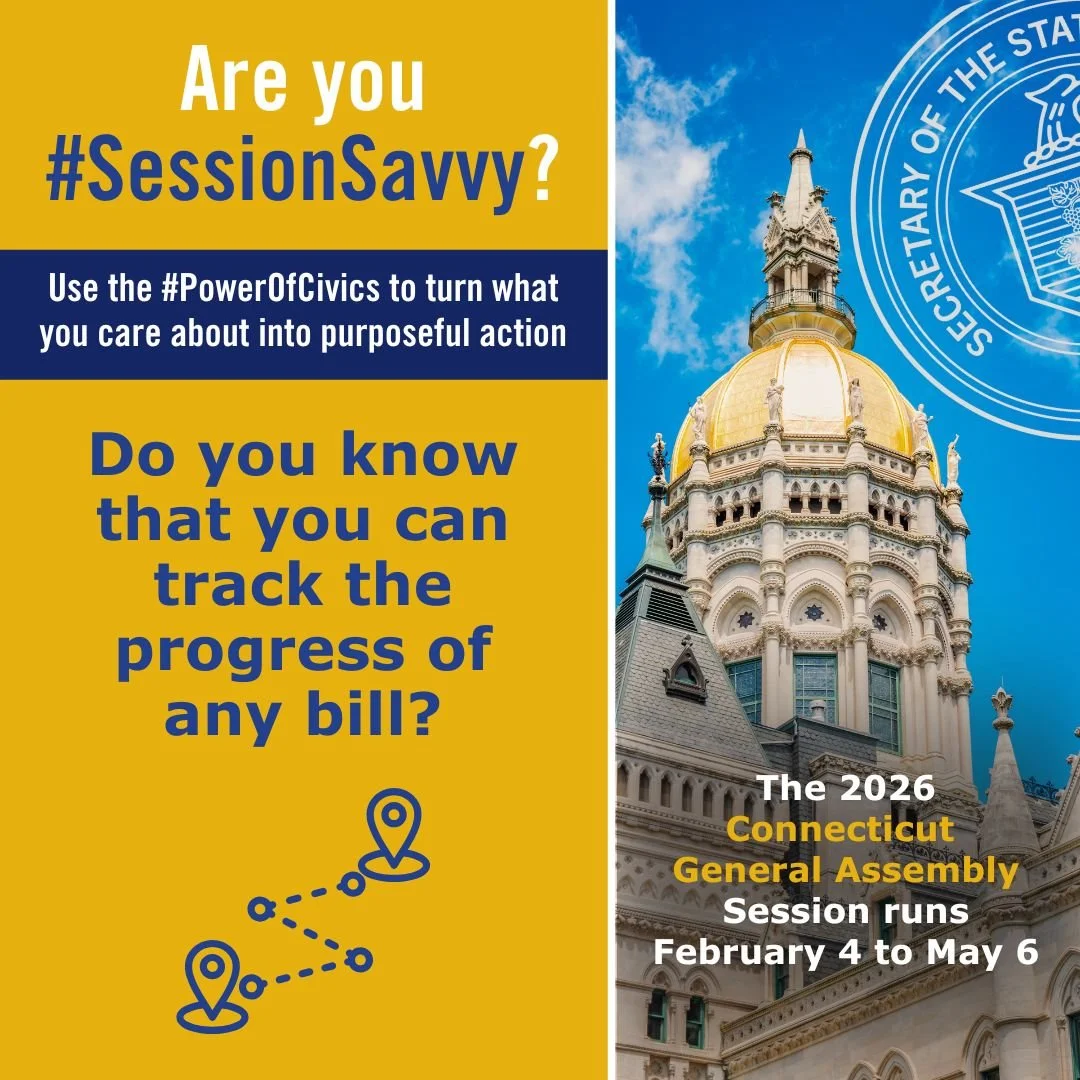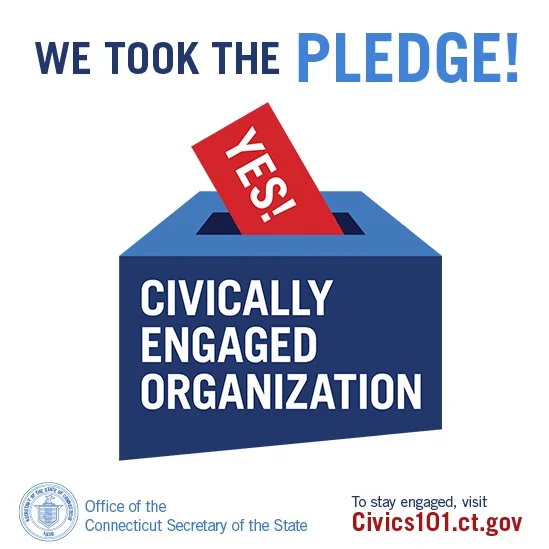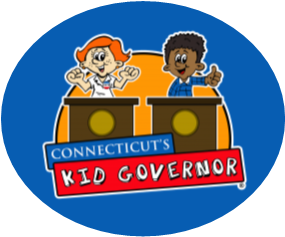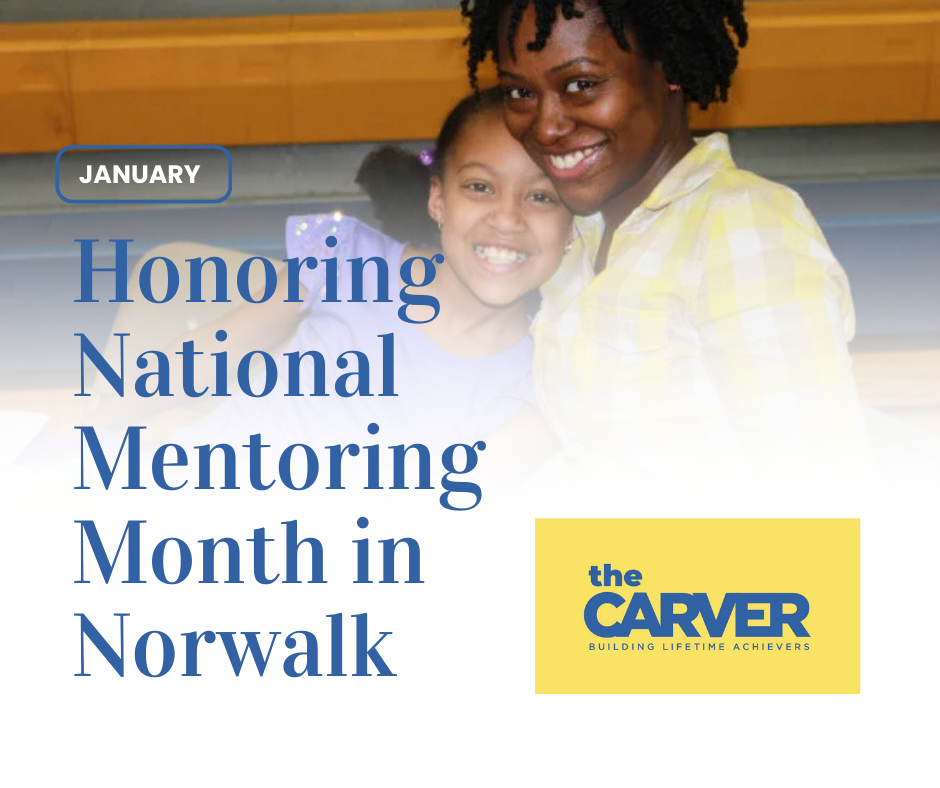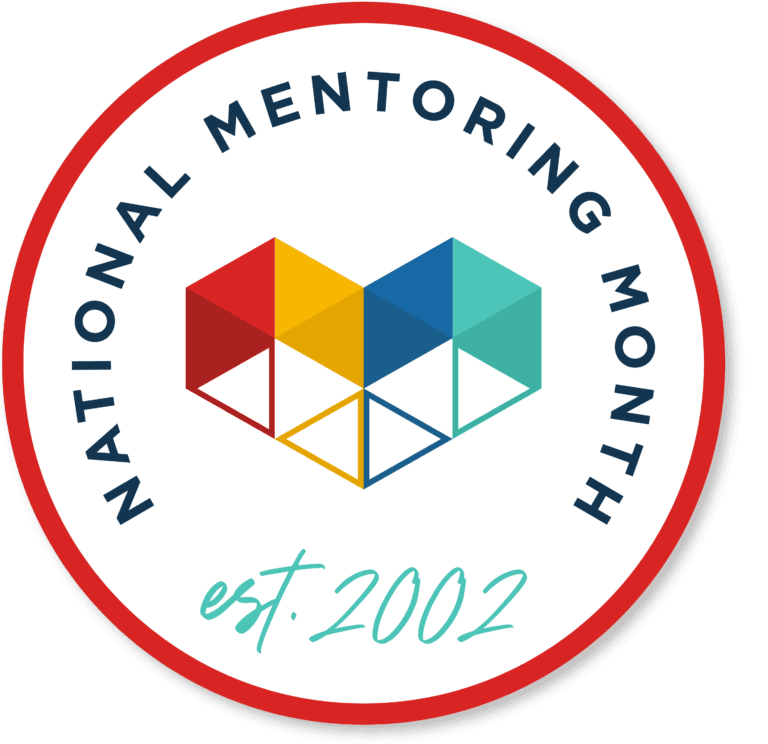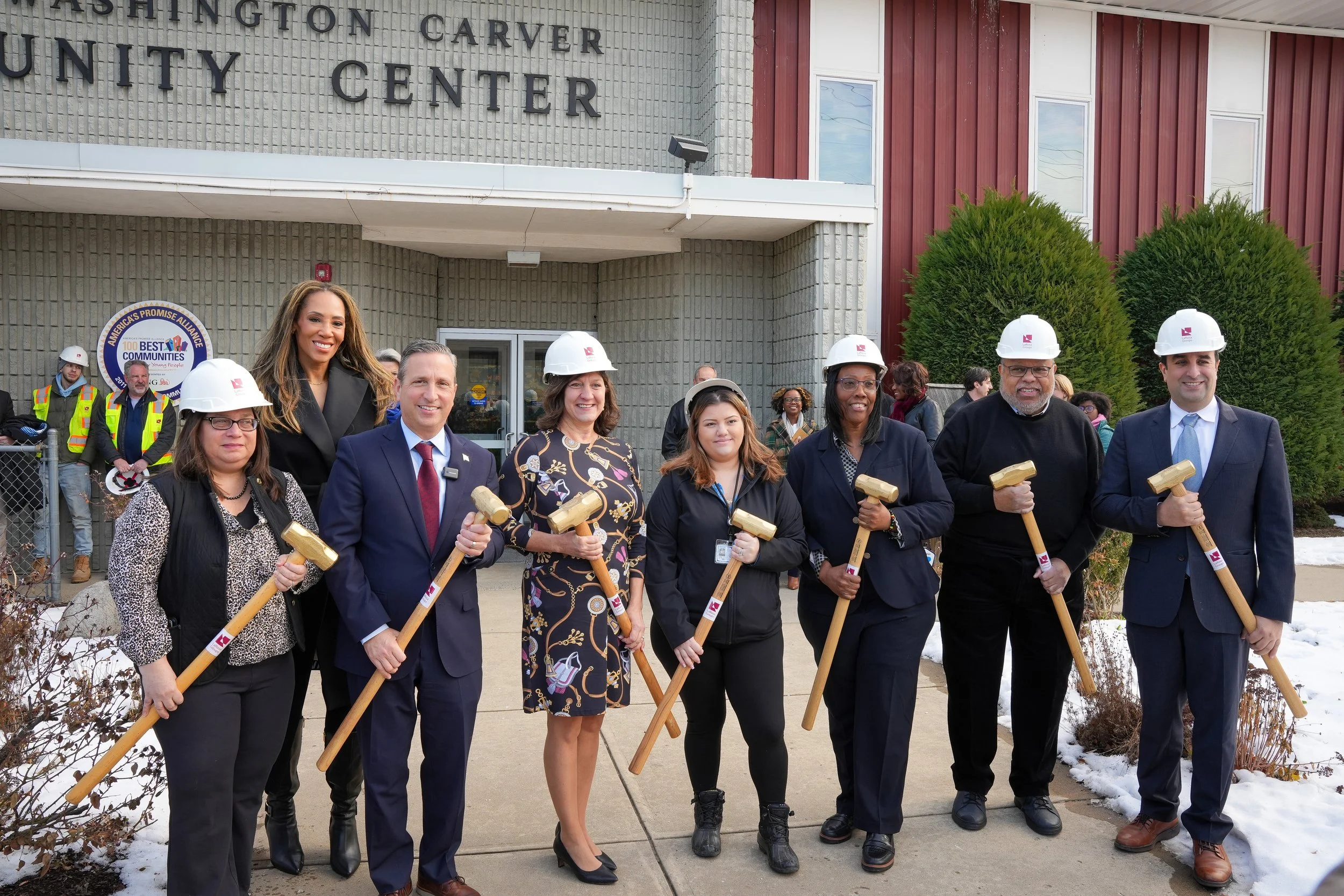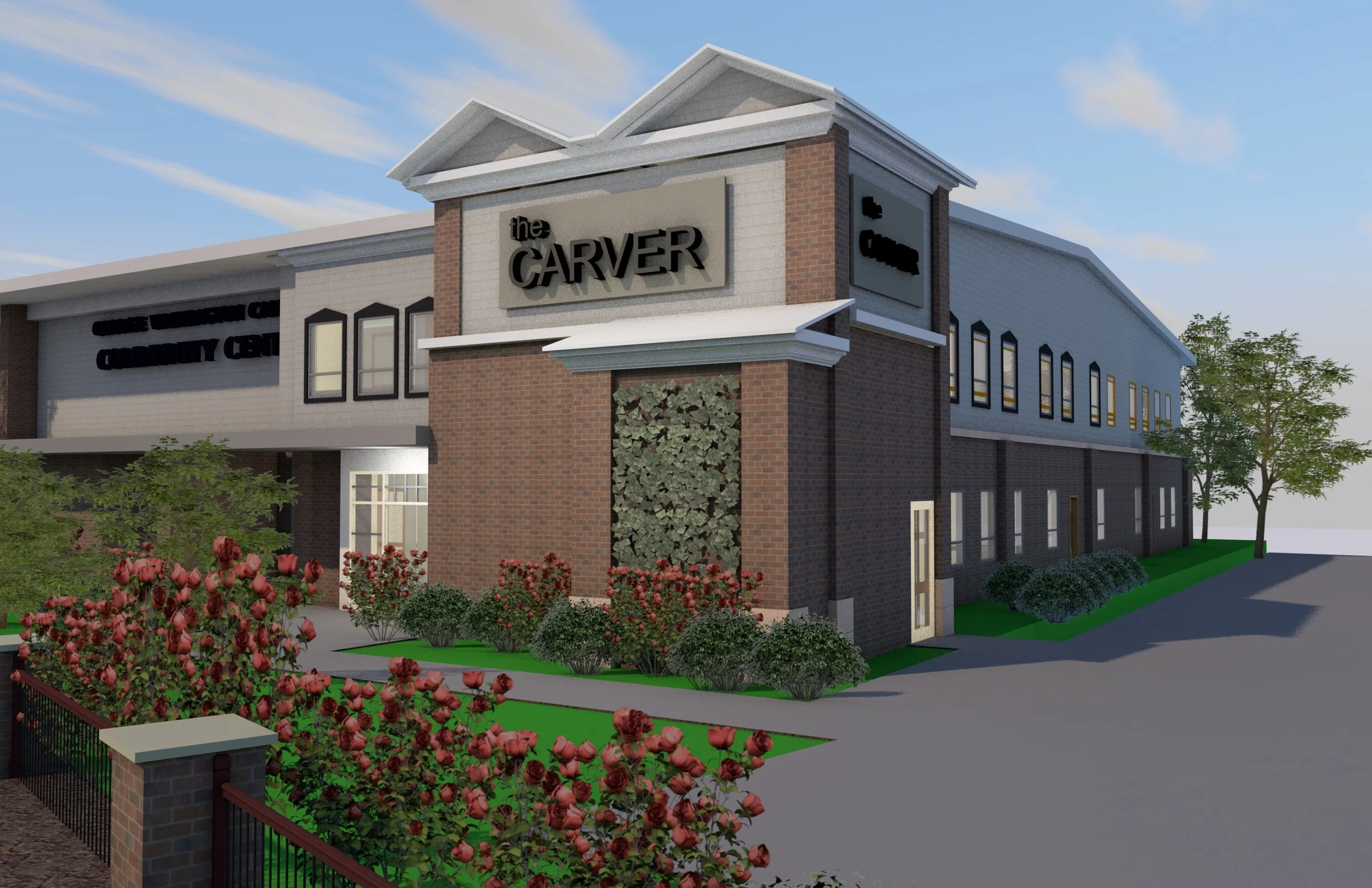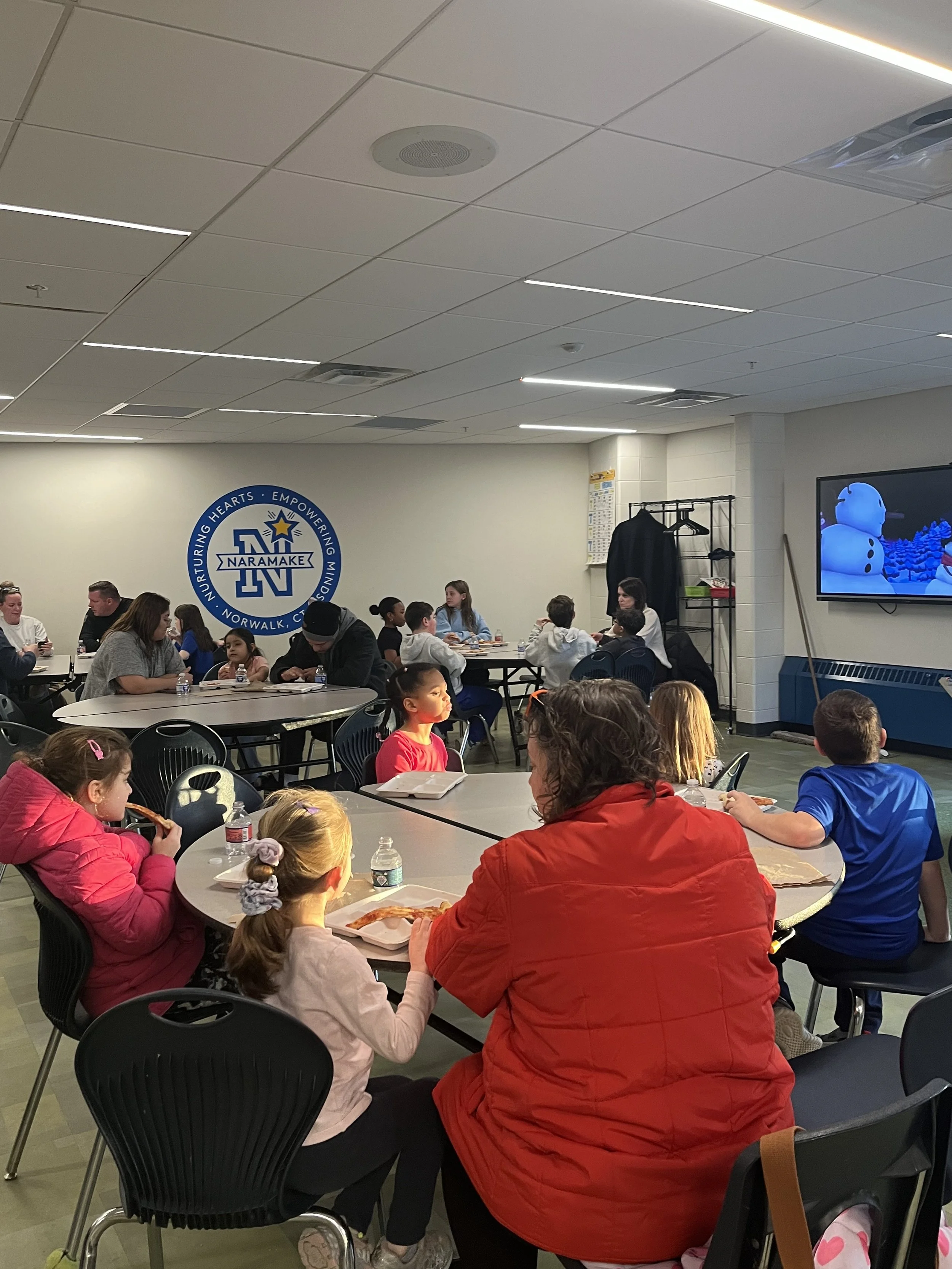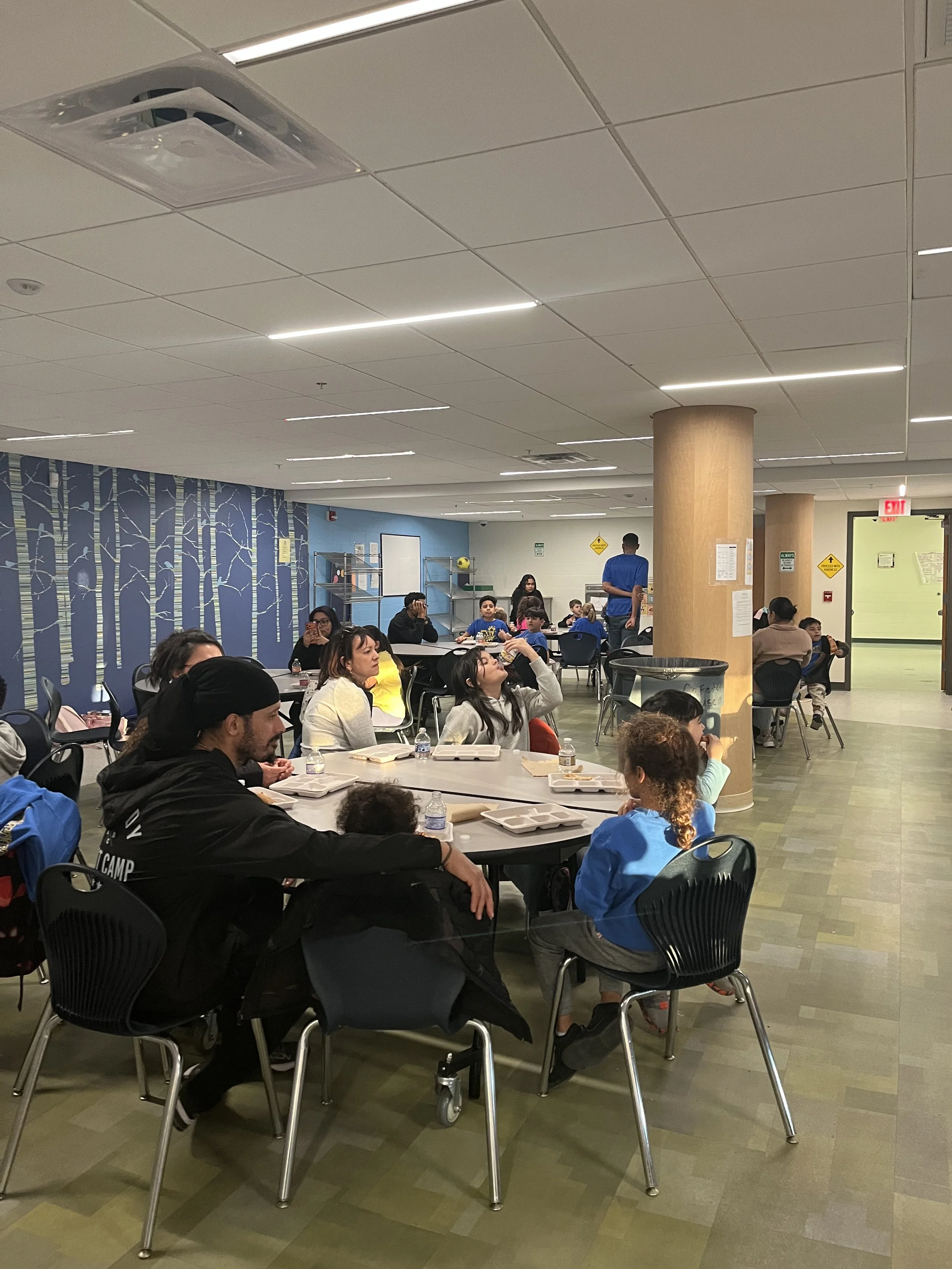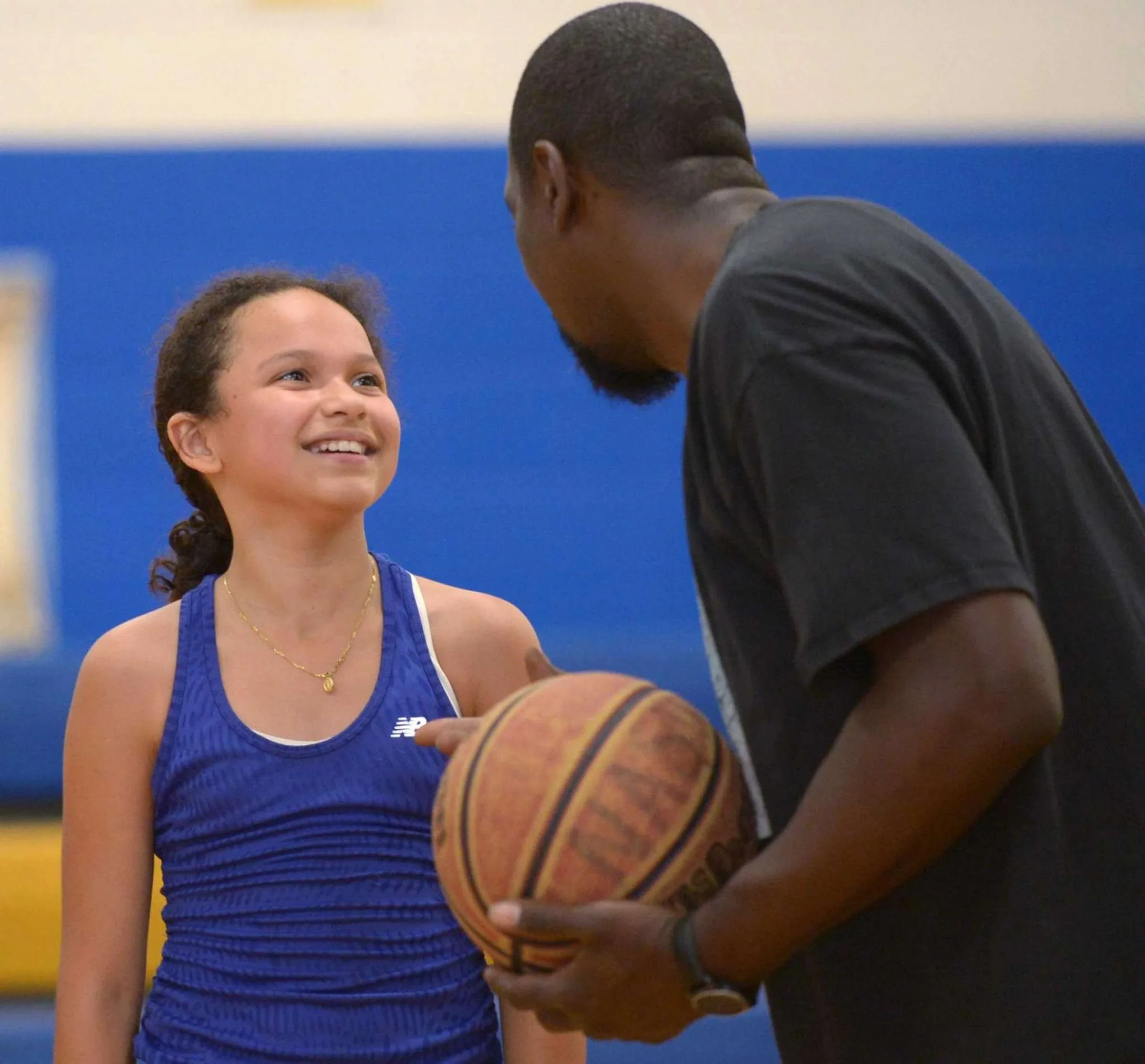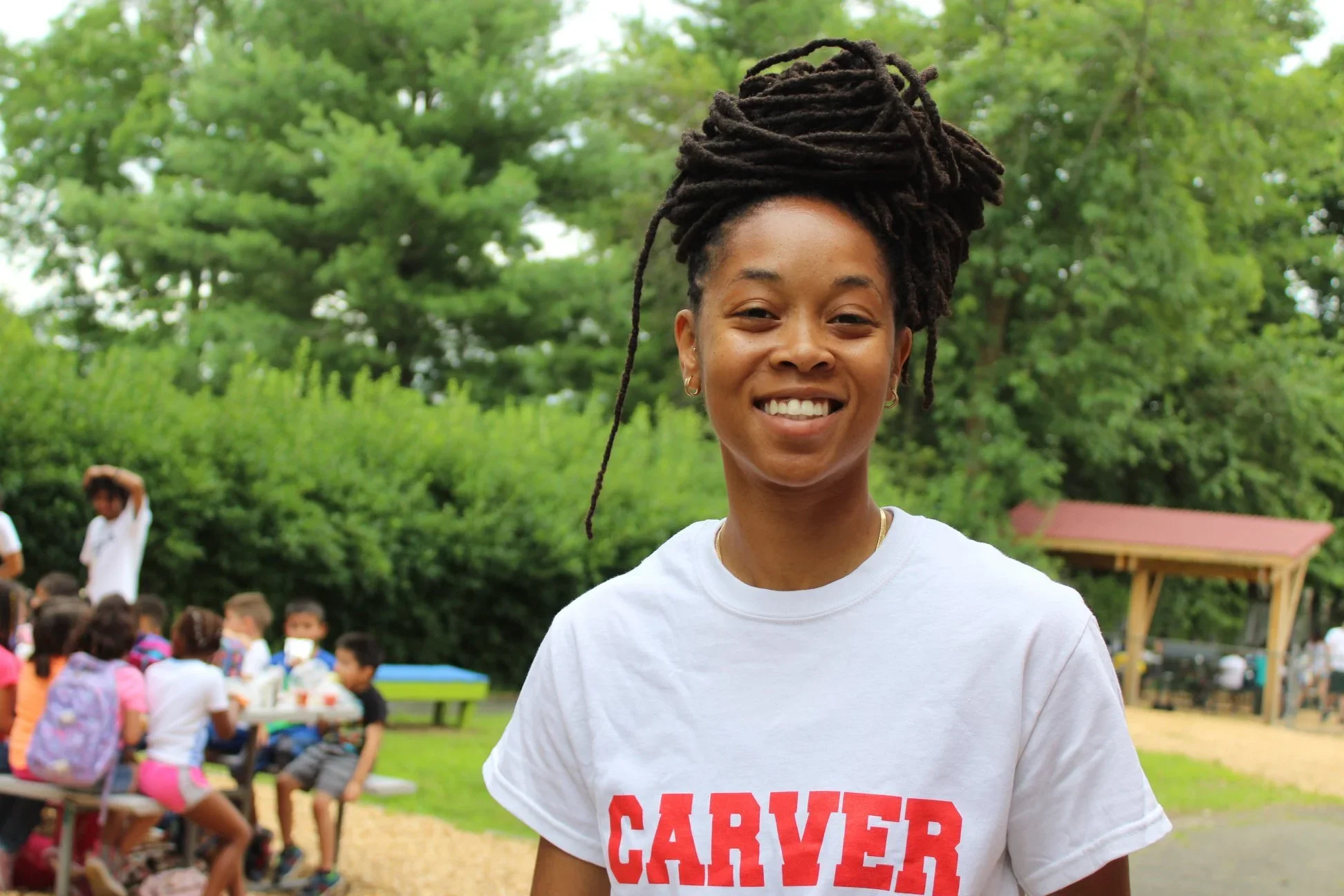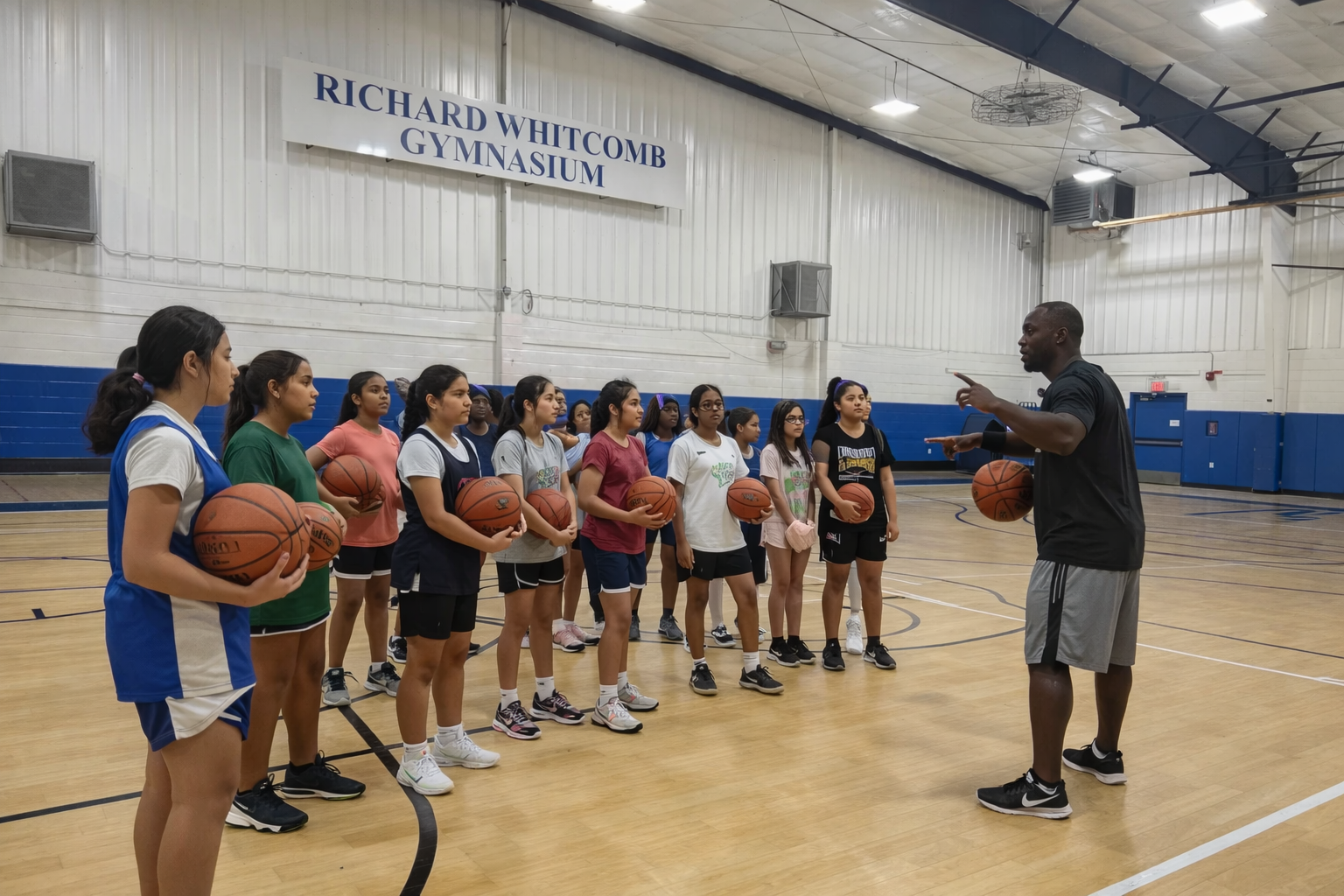When most people hear “Carver,” they think Norwalk.
But did you know Carver is also quietly and powerfully serving students in Bridgeport?
For years, Carver has been investing in Bridgeport’s children — expanding learning beyond the school day and year, and ensuring more students have access to the opportunities they deserve.
📚 After-School Excellence at Classical Studies Magnet Academy
At Classical Studies Magnet Academy, Carver serves 110 students through a high-quality after-school program designed to strengthen both academics and confidence.
Each afternoon includes:
Daily academic support led by certified teachers
STEAM enrichment activities that spark creativity and problem-solving
Wellness programming that nurtures social-emotional growth
Students receive the kind of individualized attention and enrichment experiences that deepen classroom learning — and help them see themselves as capable, curious scholars.
🌟 Building Strong Starts Through Kick-Off to Kindergarten
Before children even enter kindergarten, Carver is already walking beside them.
Through our Kick-Off to Kindergarten Summer Program, Carver prepares 90 pre-kindergarten children across five Bridgeport elementary schools for a successful transition into formal schooling.
This joyful, research-informed program includes:
Early literacy and numeracy instruction
Hands-on, play-based learning experiences
Strong family engagement to support learning at home
By strengthening foundational skills and building classroom confidence, Kick-Off helps ensure students enter kindergarten ready to learn — and ready to thrive.
Why It Matters
Together, these Bridgeport initiatives:
Expand learning beyond the school day and year
Promote equitable access to high-quality educational support
Build academic skills, confidence, and long-term opportunity
Carver’s commitment doesn’t stop at city lines.
Whether in Norwalk or Bridgeport, our mission remains the same: to ensure every child has access to the tools, support, and inspiration they need to succeed.
Because potential lives everywhere.
